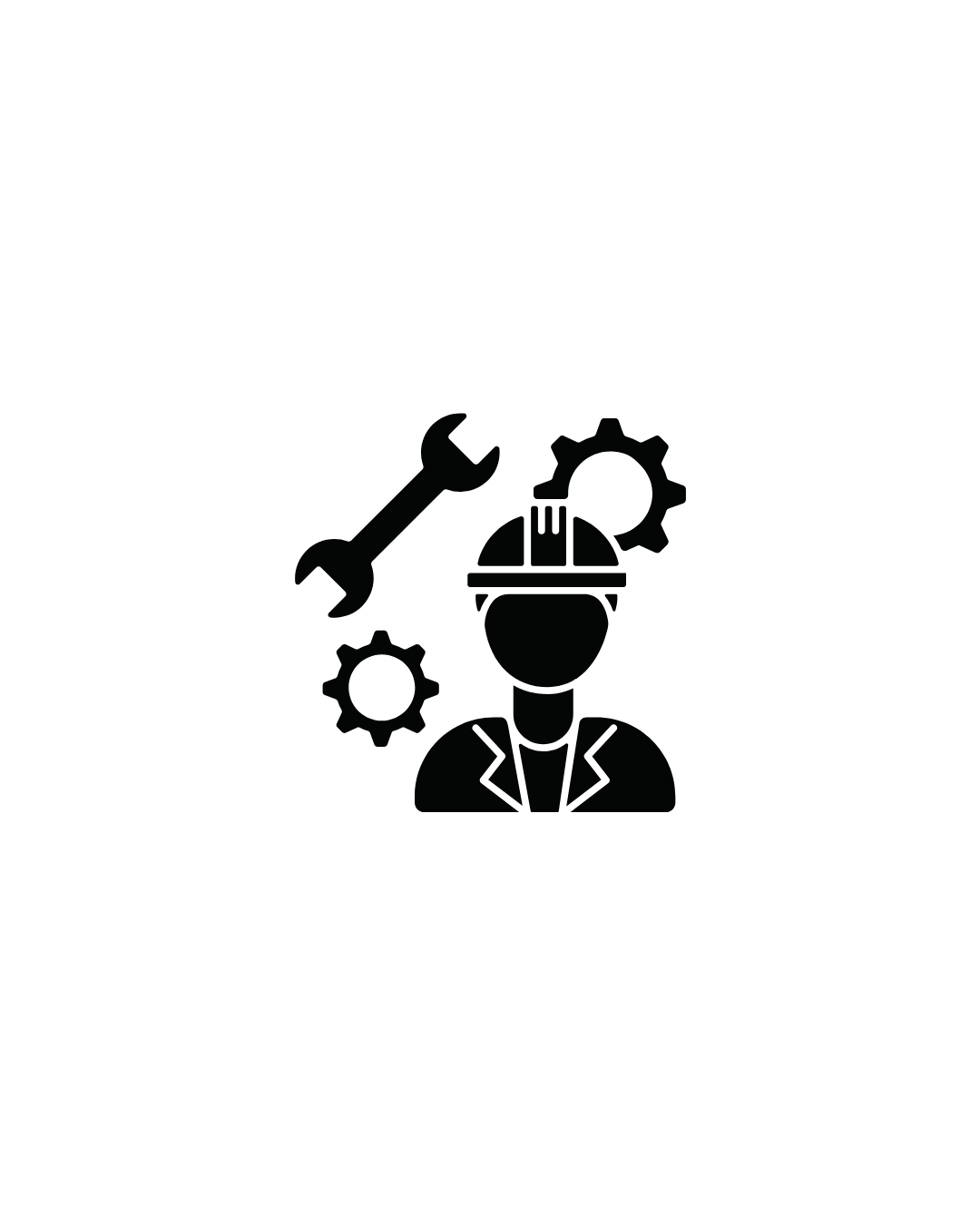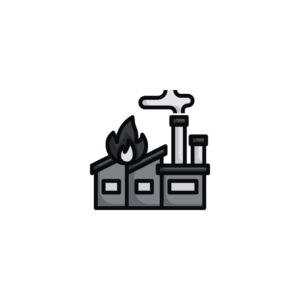Description
A Master of Technology (M.Tech) in Mechanical Engineering is an advanced degree program that focuses on the principles and applications of mechanical engineering. This program typically emphasizes both theoretical knowledge and practical skills in areas such as design, analysis, manufacturing, thermal systems, and robotics. Graduates are prepared for various roles in industries such as automotive, aerospace, manufacturing, and energy.
### Curriculum Overview
The curriculum for an M.Tech in Mechanical Engineering generally includes a combination of core courses, electives, laboratory work, and a research thesis or project. Here are some common subjects and areas of study you might find in this program:
1. **Advanced Engineering Mathematics**:
– Topics such as numerical methods, partial differential equations, and matrix algebra relevant to engineering problems.
2. **Thermodynamics**:
– Study of the principles of energy conversion, properties of gases and liquids, and thermodynamic cycles.
3. **Fluid Mechanics**:
– Analysis of fluid behavior, including fluid statics, dynamics, and applications in engineering systems.
4. **Solid Mechanics**:
– Examination of material behavior under stress and strain, including topics such as elasticity and plasticity.
5. **Mechanical Design**:
– Principles of designing mechanical components using CAD software and understanding failure theories.
6. **Manufacturing Processes**:
– Overview of traditional and advanced manufacturing techniques, including machining, welding, and additive manufacturing.
7. **Machine Design**:
– Focus on the design of mechanical systems, including gears, bearings, and transmission systems.
8. **Dynamics of Machinery**:
– Study of motion and forces in mechanical systems, including kinematics and kinetics of machines.
9. **Heat Transfer**:
– Analysis of heat conduction, convection, and radiation, along with their applications in mechanical systems.
10. **Control Systems**:
– Principles of control theory and applications in mechanical systems, including feedback and stability analysis.
11. **Robotics and Automation**:
– Technology related to robotic systems, including kinematics, dynamics, and control of robotic arms.
12. **Mechanical Vibrations**:
– Study of vibratory motion in mechanical systems, including natural frequency analysis and damping.
13. **Energy Systems**:
– Exploration of renewable energy sources, energy efficiency, and sustainability practices in mechanical engineering.
14. **Research Methodology**:
– Techniques for conducting engineering research, including experimental design and data analysis.
15. **Capstone Project/Thesis**:
– A significant research project or practical work that allows students to apply their knowledge to real-world engineering problems.
### Career Opportunities
Graduates with an M.Tech in Mechanical Engineering have a wealth of career opportunities in various sectors, including manufacturing, automotive, aerospace, energy, and research. Some potential job roles include:
1. **Mechanical Engineer**: Designing, developing, and testing mechanical systems and components.
2. **Manufacturing Engineer**: Focusing on optimizing manufacturing processes, improving efficiency, and ensuring product quality.
3. **Design Engineer**: Creating and developing designs for mechanical systems, machinery, and industrial equipment.
4. **Thermal Engineer**: Analyzing and designing thermal systems, including heating, ventilation, and air conditioning (HVAC) systems.
5. **Project Engineer/Manager**: Overseeing engineering projects, managing resources, and ensuring project timelines and budgets are met.
6. **Robotics Engineer**: Designing and programming robotic systems for automation in various industrial applications.
7. **Research and Development Engineer**: Working on innovative technologies and advancements in mechanical engineering.
8. **Quality Assurance Engineer**: Ensuring that products meet quality standards and regulations through testing and inspection.
9. **Academician**: Teaching and conducting research in mechanical engineering at universities or engineering colleges.
10. **Consulting Engineer**: Providing expert advice on mechanical systems and processes to various organizations.
### Further Education
Graduates may consider pursuing a Ph.D. in Mechanical Engineering or related fields to engage in advanced research or academic careers. Additionally, obtaining certifications in specialized areas, such as Six Sigma or Project Management Professional (PMP), can enhance career prospects and demonstrate expertise.
If you have any further questions about the curriculum, career paths, or other aspects of a Master of Technology in Mechanical Engineering, feel free to ask!









